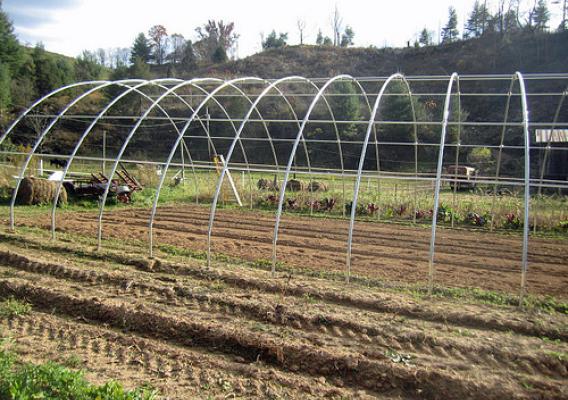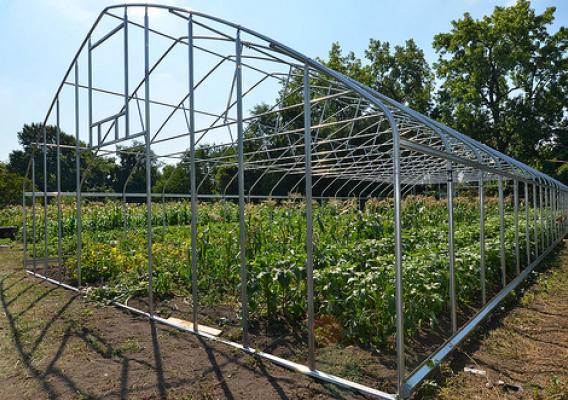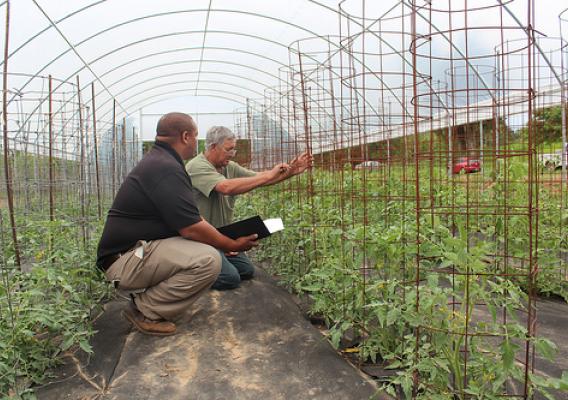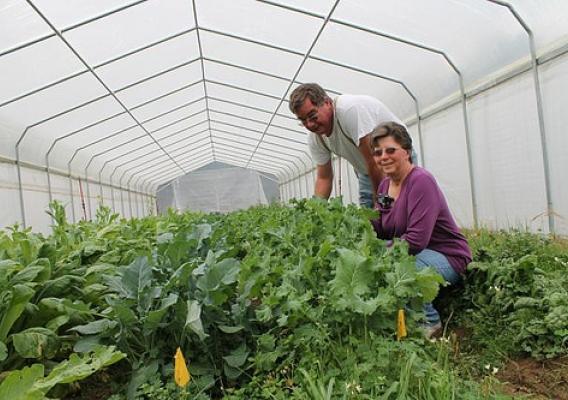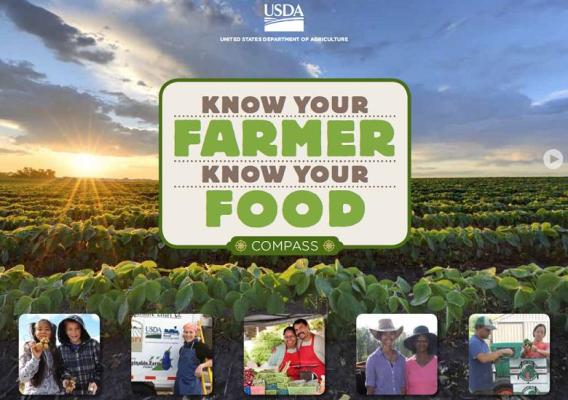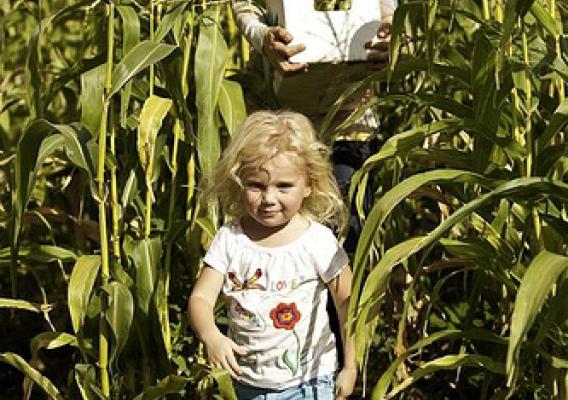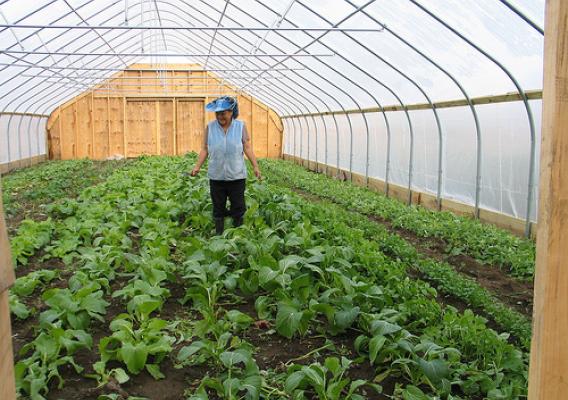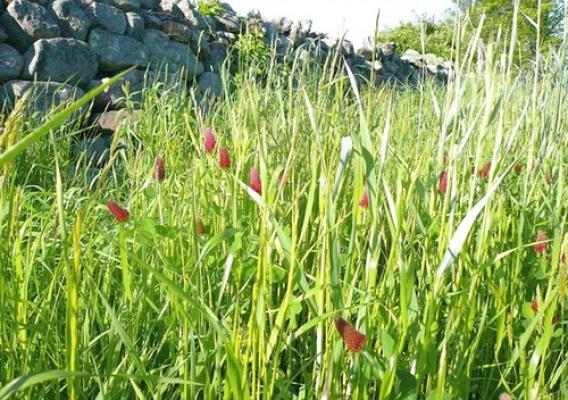Disasters create pain. And recovery from disasters creates partnerships and opportunity.
That is the lesson Liang Shao Hua learned in the past year after Tropical Storm Sandy, also known as Super Storm Sandy, destroyed his New Jersey high-tunnel farming operation and left him wondering how to manage his loss.
Liang, a Chinese American with very limited English proficiency, relied first on his American-born son, Peter, a 21-year-old college student studying at John Jay College of Criminal Justice, New York. Peter obtained USDA paperwork from the Farm Service Agency (FSA) that helped his father apply for Emergency Conservation Program (ECP) funds. He, his brother, David, 19, and mother, Pei Yin, joined Liang in the clean-up efforts.
Liang Shao Hua was among 315 successful applicants for ECP, one-third from New Jersey. The applicants stretched from West Virginia to New Hampshire. That was the wide swath where Sandy and her trailing cold front left a path of destruction to Atlantic Coast and New England farms.


